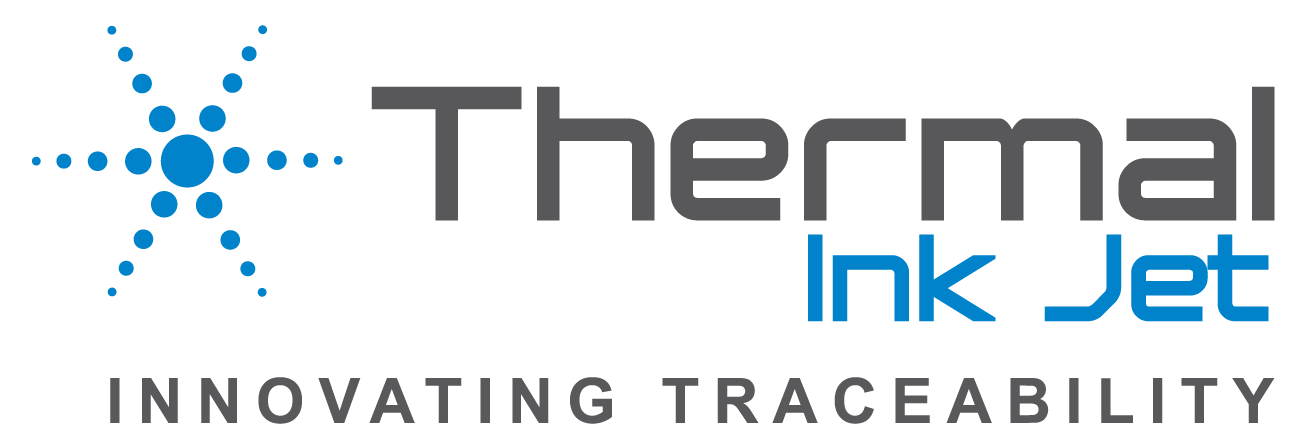Introduction
Traceability is no longer a luxury reserved for large corporations. Small and medium-sized enterprises (SMEs) can leverage affordable traceability solutions to improve compliance, enhance quality control, and build consumer trust. In this blog, we explore cost-effective ways SMEs can integrate traceability into their operations.
Key Points
- Affordable Technologies for Traceability
- SMEs can implement low-cost solutions like QR codes, cloud-based software, and barcode systems to track products efficiently.
- Cloud-based traceability platforms allow real-time access to data, reducing the need for expensive on-site infrastructure.
- AI-powered tools and mobile apps make traceability more accessible and scalable.

- How Traceability Supports SME Growth
- Enhances quality control by ensuring product authenticity and reducing defects.
- Builds consumer trust by offering transparency in sourcing and production.
- Improves operational efficiency by reducing errors in inventory and logistics.
- Simplifies regulatory compliance with automated data collection and reporting.
 Case Studies: SMEs Benefiting from Traceability
Case Studies: SMEs Benefiting from Traceability
- A local organic farm using QR codes to provide transparency about pesticide-free produce.
- A small textile business tracking materials from sustainable sources to meet ethical manufacturing standards.
- A growing food brand ensuring food safety by implementing digital batch tracking.
 Practical Tips for SMEs to Implement Traceability
Practical Tips for SMEs to Implement Traceability
- Start with simple tools like QR codes to link customers with product information.
- Use cost-effective cloud-based platforms for inventory and compliance tracking.
- Partner with traceability technology providers that offer scalable solutions.

Conclusion
For SMEs, adopting traceability doesn’t have to be costly or complex. By using affordable technologies, small businesses can ensure compliance, improve product quality, and gain a competitive edge in the market. As consumers demand more transparency, traceability becomes an essential tool for growth.

